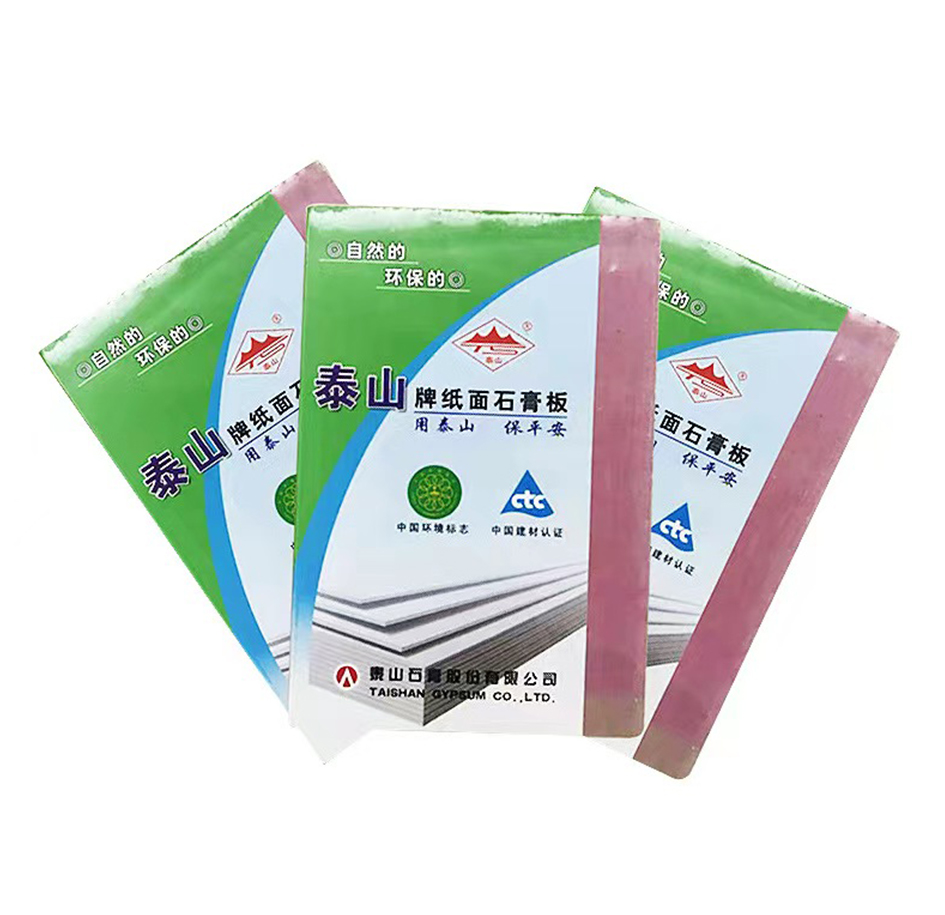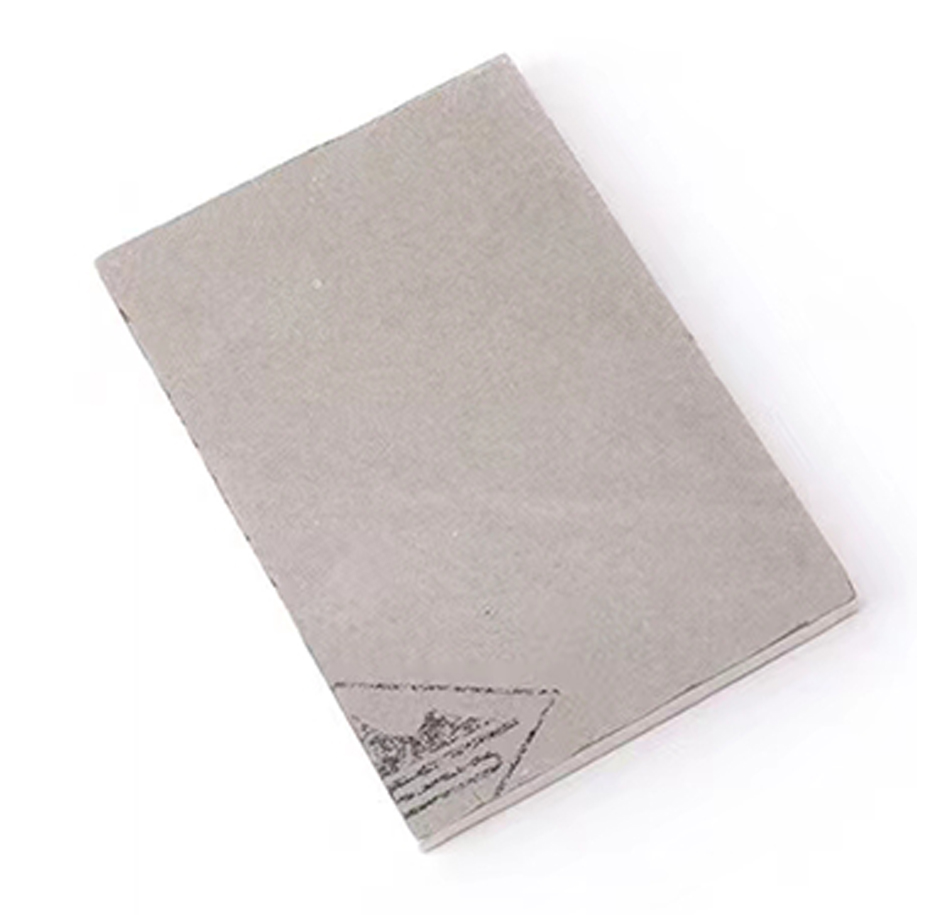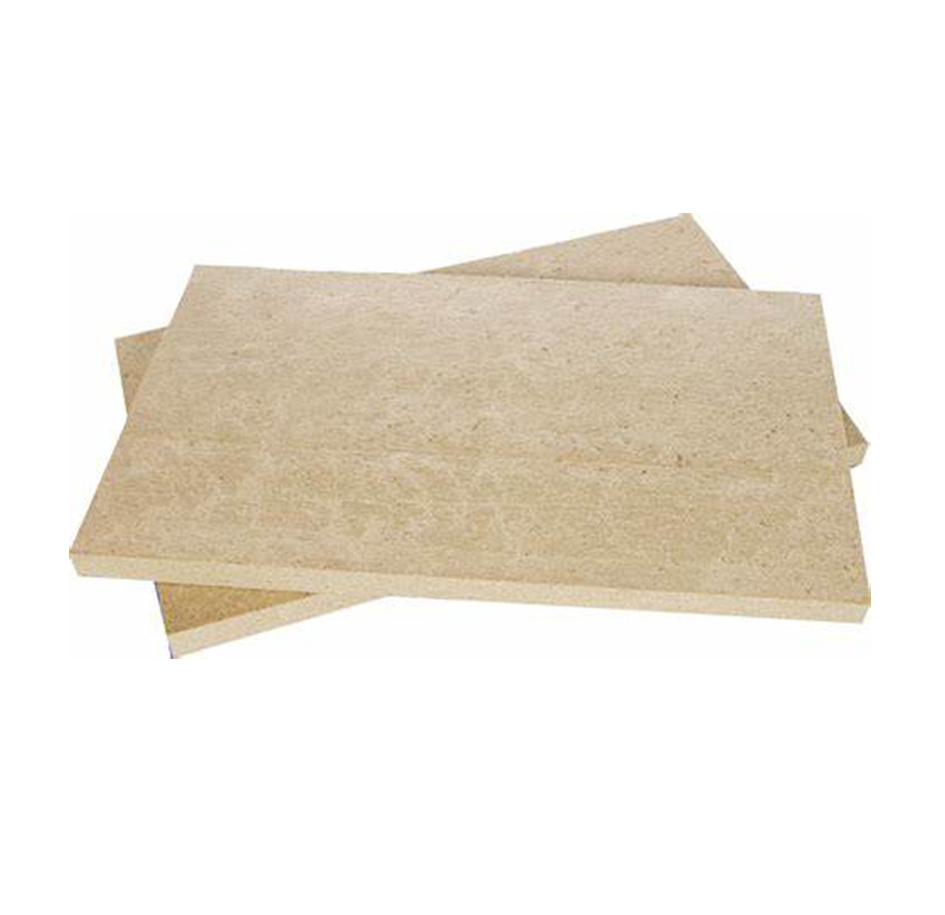Experts expect the Russian plywood market to stabilize by the end of the year
Time: 2022-08-29 18:24:44
The Russian plywood industry, hit hardest by EU sanctions, continued to decline. Russia's domestic plywood market has seen excess capacity as exports fell by 16%.
Analysts say the situation could lead to the collapse of small businesses. Even with the Russian government's pledge to prevent bankruptcy, experts don't expect the situation to stabilize until the end of the year.
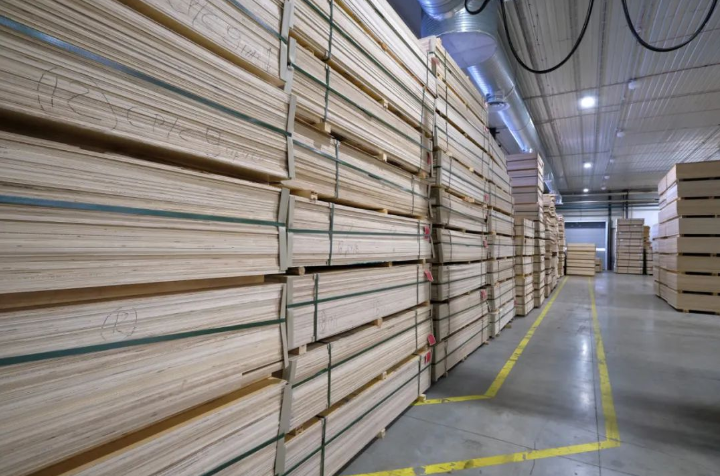
In the first half of this year, retail prices of certain types of plywood dropped by as much as 25 percent, according to statistics from relevant agencies. Specifically, the sale price of birch plywood 1525x1525 with a thickness of 10 mm fell to the range of 19-22 thousand rubles per cubic meter (excluding VAT).
As the experts explain, this product is one of the least profitable among wood-based panels. The price of laminated plywood in 1220x2440 size, 18 mm thick is 3.4-3.6 thousand rubles per cubic meter.
The drop in prices is the result of lower exports due to Western sanctions, which took effect nominally on July 10 but have been in effect since April. Prior to this, of the 4 million cubic meters of plywood produced in Russia, 3 million cubic meters were exported, 60% of which was exported to the EU.
In the first half of this year, Russian plywood production fell by nearly 1.9 million cubic meters, a drop of as much as 15%. According to Rosstat, the production of plywood in June was only 2.745 million cubic meters, also a record low.
Some market analysts believe that this downward trend will continue throughout the year. Russia's plywood exports fell by 21 percent in the first half of this year, according to agency estimates. In the current situation, it cannot be ruled out that some small companies may leave the market.
Cutbacks in the plywood industry are affecting the entire value chain: producers continue to reduce their purchases of wood, as do suppliers. As a result, in the first few months of autumn, the supply of wood may become scarce and the cost of the final product will rise.
Alexei Mordashov's Sveza company, which is also under US sanctions, mentioned that all of the group's factories are operating, but at a reduced workload (capacity utilization was only 30-35% at the end of June). This is related to severe external restrictions and the de facto closure of Western markets for products of the Russian wood industry.
Russia's Ministry of Industry and Trade said it was aware of the situation at the plywood factories, and that changes in production volumes were reported weekly by regions. Every effort will be made to prevent factory closures and bankruptcies and help these companies get through difficult times with minimal losses.
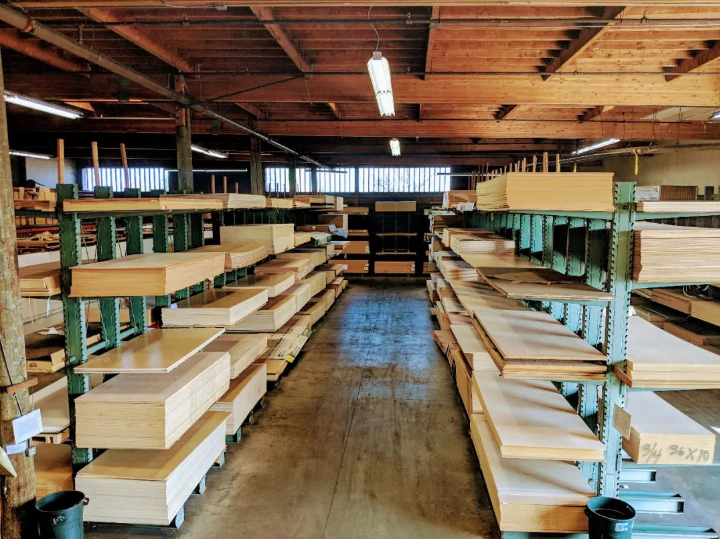
The Ministry of Industry and Trade is also working to amend some bills to stimulate exports, and on the other is to remove bottlenecks in the transport of goods - rolling stock (both sea and rail) for timber companies.




